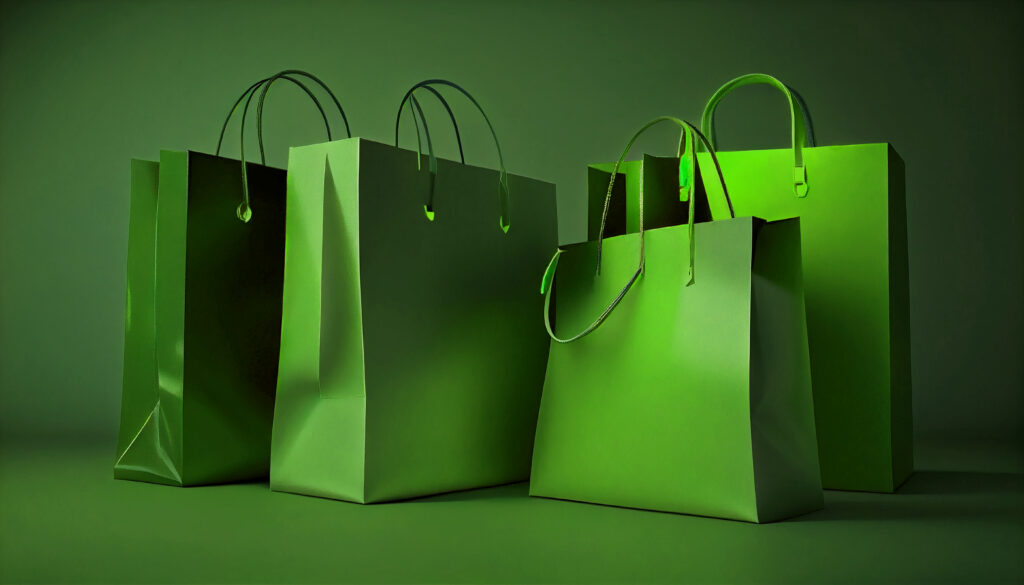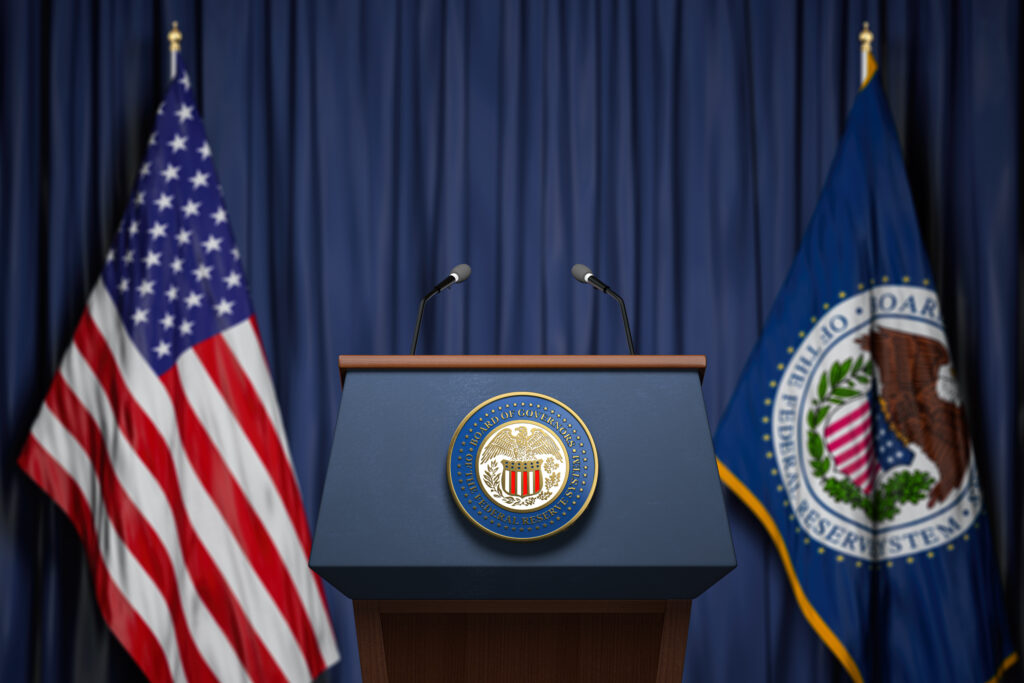News
“You Do You Boo Boo”
Staying True to Brand
Authenticity Is Key to Growth
#BEINGFEARLESSNESS
MAR 4 2024
Staying True to Brand
Authenticity Is Key to Growth
#BEINGFEARLESSNESS
MAR 4 2024







